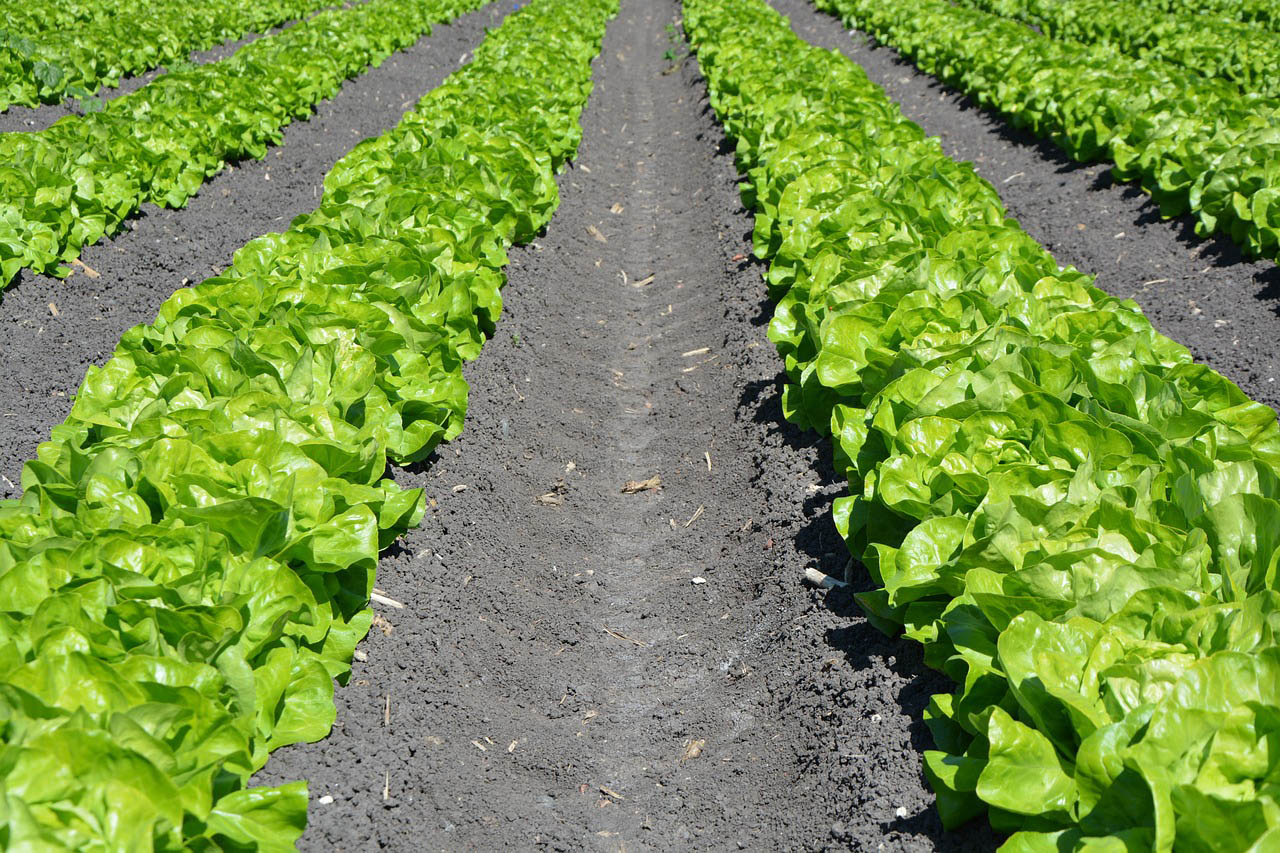
May I remove a cactus on property that I own?
If you have protected native plants (http://apps.azsos.gov/public_services/Title_03/3-03.pdf ) you want removed from your property, you can do that. We encourage conservation, and ask you that you contact a cactus mover and determine if they would be interested, as they can resell it. If you do not know of one you can follow the process of notification that is referenced in the rules below and we will notify those that have requested notification from us. Most of the cactus movers know the process for obtaining a permit and tags from our agency, which includes getting the landowner’s permission, signature, on their permit application. If your protected native plant has been damaged by a storm and you just want it gone, or if it is just something you no longer want, Arizona law allows for notification of the department with certain time frames before destruction. Please see the laws and rules: http://www.azleg.gov/arsDetail/?title3 and http://apps.azsos.gov/public_services/Title_03/3-03.pdf. However there is one exception that allows you to proceed without delay. This reference follows:
3-904. Destruction of protected plants by private landowners; notice; exception
H. This section does not apply to the destruction of protected native plants on individually owned residential property of ten acres or less where initial construction has already occurred.
Can you tell me about meats in grocery stores and how I find more information?
Grading
After meat and poultry are inspected for wholesomeness, producers and processors may request that they have products graded for quality by a licensed Federal grader. The USDA’s Agriculture Marketing Service (http://www.ams.usda.gov) is the agency responsible for grading meat and poultry. Those who request grading must pay for the service. Grading for quality means the evaluation of traits related to tenderness, juiciness, and flavor of meat; and, for poultry, a normal shape that is fully fleshed and meaty and free of defects.
USDA grades are based on nationally uniform Federal standards of quality. No matter where or when a consumer purchases graded meat or poultry, it must have met the same grade criteria. The grade is stamped on the carcass or side of beef and is usually not visible on retail cuts. However, retail packages of beef, as well as poultry, will show the U.S. grade mark if they have been officially graded.
Beef Quality Grades:
\
- Prime grade is produced from young, well-fed beef cattle. It has abundant marbling and is generally sold in restaurants and hotels. Prime roasts and steaks are excellent for dry-heat cooking (broiling, roasting, or grilling).
- Choice grade is high quality, but has less marbling than Prime. Choice roasts and steaks from the loin and rib will be very tender, juicy, and flavorful and are, like Prime, suited to dry-heat cooking. Many of the less tender cuts, such as those from the rump, round, and blade chuck, can also be cooked with dry heat if not overcooked. Such cuts will be most tender if "braised" — roasted, or simmered with a small amount of liquid in a tightly covered pan.
- Select grade is very uniform in quality and normally leaner than the higher grades. It is fairly tender, but, because it has less marbling, it may lack some of the juiciness and flavor of the higher grades. Only the tender cuts (loin, rib, sirloin) should be cooked with dry heat. Other cuts should be marinated before cooking or braised to obtain maximum tenderness and flavor.
- Standard and Commercial grades are frequently sold as ungraded or as "store brand" meat.
- Utility, Cutter, and Canner grades are seldom, if ever, sold at retail but are used instead to make ground beef and processed products.
Retail Meat and Poultry Concerns or Issues:
Retail stores are regulated by the County Health Department’s where they are located. For issue concerning retail meat or poultry products please contact the appropriate county agency or for more information contact [email protected].
-
Latest News
Friday, January, 17, 2025
-
Food Access
Finding Healthy Food in ArizonaConnecting people, food, and resources through partnerships with producers, non-profits, for-profits and government.
-
Get a License
Apply For, Renew, or look up a LicenseEnter our Licensing and Payment System then use the filter at the top to find the license you want to apply for or renew or find existing license information, including CEU's